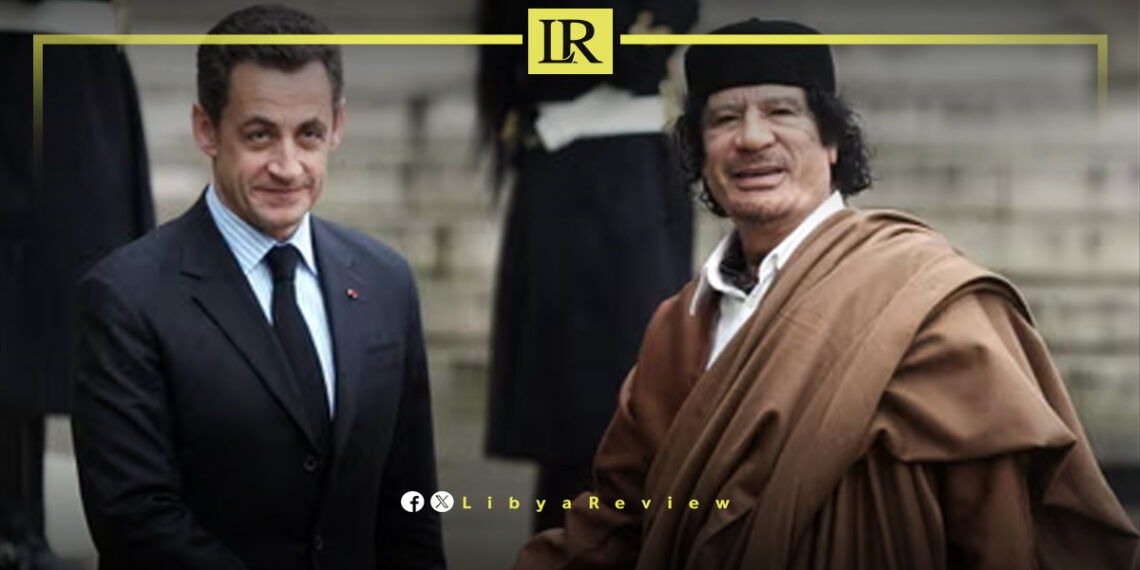Former French President Nicolas Sarkozy has firmly denied allegations that his 2007 presidential campaign received funding from the late Libyan leader Muammar Gaddafi. As the trial opened in Paris on Thursday, Sarkozy told the court, “You will never ever find a single euro, a single Libyan cent in my campaign funds.”
Sarkozy, 69, stands accused of illegal campaign financing and concealing the embezzlement of public funds, charges that carry a potential prison sentence of up to 10 years if proven. Twelve others, including close aides, are also on trial for allegedly orchestrating a secret pact with Gaddafi to channel millions of euros into Sarkozy’s victorious campaign. All have denied the charges.
In his opening statement, Sarkozy expressed his frustration over a decade of investigations and legal scrutiny. “Ten years of slander, 48 hours in police custody, 60 hours of questioning, and 10 years of investigation. What have we found? Nothing, as far as I am concerned,” he said, maintaining his innocence. “There is no corruption money because there was no corruption of the candidate.”
The case revolves around accusations that Gaddafi’s regime provided up to €50 million for Sarkozy’s 2007 campaign, which would far exceed France’s legal campaign financing limits. Prosecutors allege that the funds were funneled through intermediaries and disguised to bypass scrutiny.
The alleged agreement between Sarkozy and Gaddafi reportedly originated in 2005 when Sarkozy, then Interior Minister, met with the Libyan leader. The meeting, framed as a diplomatic discussion on migration, is said to have included negotiations for financial support. In return, Sarkozy allegedly offered Gaddafi international legitimacy and closer ties with France.
Relations between the two leaders later deteriorated when Sarkozy spearheaded NATO’s 2011 military intervention in Libya, which ultimately led to Gaddafi’s downfall. The trial now seeks to uncover whether Gaddafi’s financial contributions played a role in Sarkozy’s rise to power and whether the former president betrayed the late dictator after benefiting from his support.
The aftermath of Gaddafi’s fall left Libya in chaos, with rival factions and foreign powers vying for control. The ongoing instability further underscores the far-reaching consequences of the alleged financial arrangement between Sarkozy and Gaddafi, raising questions about the ethics of international diplomacy and the use of state resources for political gains.


